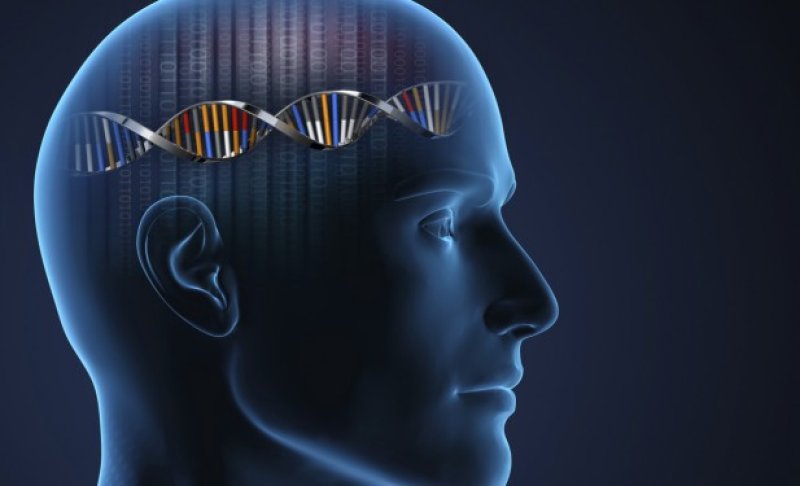It was named the language gene before we really understood what it did. Now mice given the human version of the FOXP2 gene are shedding light on how speech evolved in early humans.
Mice with the gene seem to be better at learning to do a task automatically or unconsciously – something we do when we learn a new route to work, for example. The researchers claim that this, in conjunction with other work, suggests the FOXP2 gene could help us learn to talk as infants by giving us unconscious control over our lips and tongue.
FOXP2 is the best-studied gene thought to have played a role in the evolution of the human brain. It was discovered in the 1990s in a British family known as KE, some of whom have severe speech difficulties caused by a mutation in this gene. FOXP2 was found to encode a “transcription factor”, a protein that regulates the activity of other genes, and to be active in the brain during embryonic development.
Comparing the human and chimpanzee genomes revealed that since we split from chimps there have been two key historical mutations in this gene. It is thought that these mutations had a hand in our superior vocal abilities. The big question is what would happen if the human version of this gene were put into chimpanzees. Would it improve their vocal abilities, for example? We might never know, though, because ethical concerns prevent such research being done on chimps.
The human version of the gene has been put into mice, however. It alters their brains in numerous subtle ways, especially in the neural circuits involved in learning. But until now it was unclear what effects this had on behaviour or intelligence.
Read the full, original story: Human ‘language gene’ makes mice smarter































